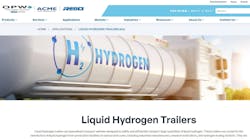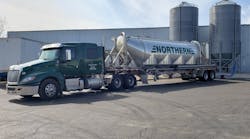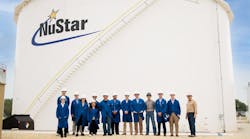Results from Transport Capital Partners’ (TCP) Second Quarter 2012 Business Expectations show that not only are carriers concerned about the Federal Motor Carrier Safety Administration’s CSA regulations, but they have also found some of their shippers to be concerned about CSA scores as well. Just over 72% of carriers surveyed say that some of their customers are concerned about CSA scores while only 21% say no and 6% say all of their customers are concerned.
“CSA continues to be a major concern for the carriers, especially over the last few months as FMCSA has inadequately responded to the concerns of carriers,” says Lana Batts, TCP Partner. Last quarter, TCP found that 65% of carriers surveyed are using three or more methods to comply with the regulations compared to two years ago when TCP found that 50% of truckload carriers were unprepared for CSA 2010 regulations.
While 33% of the larger carries surveyed are using electronic logs (elogs) on their trucks, over 55% of the smaller carriers are not using elogs. This disparity indicates just how difficult FMCSA’s job will be in using elogs to enforce Hours of Service regulations. “Larger carriers have been more rapid in adoption and appear equipped to implement required training of drivers and support staff through their operations. For smaller carriers these changes can be much more of a burden,” Batts says.
Cost of implementing CSA regulations also is a concern for carriers. Seventy-five percent of carriers indicate that the cost of compliance per driver has been at least $500 or more and 35% indicate the costs are over $1,000 per driver per year. “Carriers are clearly frustrated with the level of costs and complexity emanating from the feds, while at the same time half of them tell us they are not getting adequate returns, and face escalating driver costs and an uncertain economy,” says Richard Mikes, TCP managing partner.








